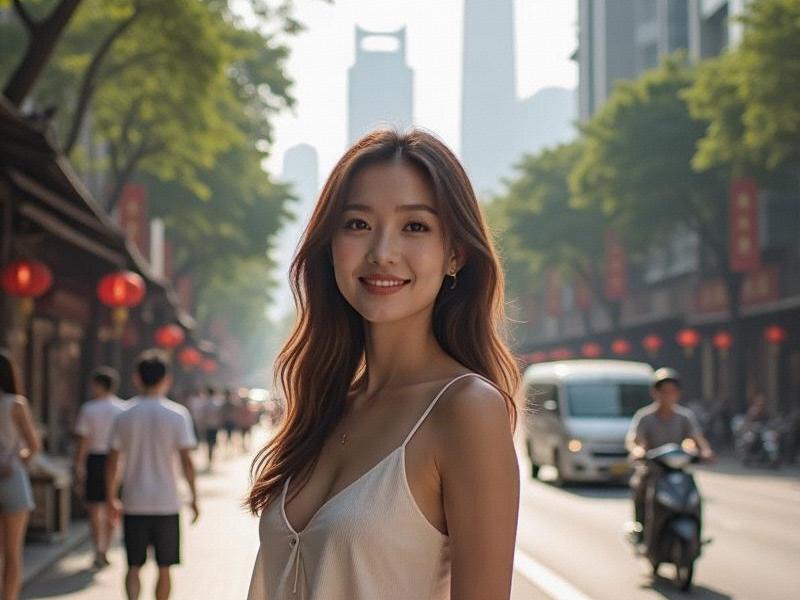This investigative feature explores Shanghai's booming high-end club scene, examining how these establishments blend Eastern hospitality with Western nightlife concepts to crteeaa uniquely Shanghainese entertainment experience that caters to the city's elite.

The velvet rope parts at exactly 10:37 PM for Mr. Li, a regular whose Bentley Continental GT idles curbside. Inside Shanghai's most exclusive club, a world unfolds where French champagne flows alongside premium baijiu, where EDM beats mix with traditional guzheng melodies. This is Shanghai's new nightlife aristocracy - a carefully curated universe where money meets mystique in the city's most dazzling entertainment palaces.
The Rise of Shanghai's Club Culture
Shanghai's club scene has undergone a radical transformation since 2020. What began as imitations of Western nightclubs has evolved into a distinctly local phenomenon blending luxury, technology and cultural fusion. Industry reports show Shanghai now boasts 47 clubs with annual revenues exceeding $10 million - more than Las Vegas and Macau combined.
"Shanghai clubs aren't just places to drink - they're social ecosystems," explains nightlife consultant Vivian Wu. "We've created a hybrid model combining European bottle service culture with Chinese banquet traditions and Japanese omotenashi hospitality."
新上海龙凤419会所 Architecture of Excess
The physical spaces themselves redefine club design. The newly opened Cloud Nine in the Pudong financial district features a floating dance platform suspended 30 meters above a koi pond, while The Pearl Club's signature room is an exact replica of a Song Dynasty scholar's studio - complete with antique calligraphy sets and a tea master on staff.
Technology plays a starring role. At M1NT 2.0, facial recognition grants access while AI mixologists craft personalized cocktails based on patrons' mood readings. The most sought-after tables come equipped with holographic projectors that transform surfaces into interactive art displays.
The VIP Economy
上海龙凤419足疗按摩 What truly distinguishes Shanghai's elite clubs is their VIP culture. Membership at top venues like Dragon Gate or The Bund Society requires not just wealth (initiation fees start at $50,000) but social capital. "We curate our membership like a fine art collection," says Dragon Gate's managing director. "Money alone can't buy entry."
These clubs function as parallel social universes where China's new aristocracy networks. Deals worth millions are regularly brokered in private karaoke rooms over 30-year-old whisky. The annual "Black and Gold" party at The House of Roosevelt has become a must-attend event for tech billionaires and old-money scions alike.
Cultural Fusion on the Dance Floor
The entertainment programming reflects Shanghai's cosmopolitan identity. A typical Friday night might feature a Beijing opera performer followed by a Dutch techno DJ, with traditional face-changing artists interacting with VR projections. "We're creating a new cultural language," says Cloud Nine's creative director.
上海花千坊419
The food and beverage offerings are equally innovative. Mixologists reinvent classic Chinese remedies as craft cocktails (think goji berry-infused mezcal), while chefs deconstruct Shanghainese street food into haute cuisine canapés served on custom-designed tableware.
Regulation and the Future
This booming industry faces growing scrutiny. Recent government crackdowns on ostentatious displays of wealth have forced clubs to adopt more discreet luxury. Many now use unmarked entrances and require referrals for reservations. "The golden age of flashy club culture is over," observes nightlife journalist Mark Jia. "The new era is about understatement and exclusivity."
As Shanghai positions itself as a global luxury capital, its club scene continues evolving. The next frontier? Members-only clubs aboard private yachts cruising the Huangpu River, where the city's glittering skyline becomes the ultimate VIP room. In Shanghai after dark, the party never stops reinventing itself.